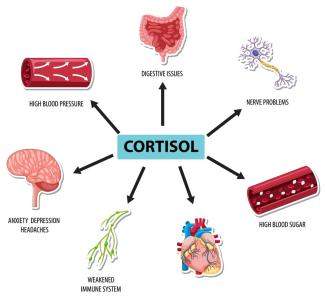
Testing for Helicobacter pylori (H. pylori) is important if you suspect you have an H. pylori infection, which can cause stomach ulcers and various gastrointestinal issues. There are several methods to diagnose H. pylori, and the choice of test may depend on the patient's symptoms, medical history, and the available resources. Here are some common tests for H. pylori:
- Blood Antibody Test: This test detects the presence of antibodies to H. pylori in the blood. However, it doesn't distinguish between a current or past infection and may yield false-negative results if performed too soon after infection.
- Stool Antigen Test: This test checks for H. pylori antigens in a stool sample. It is non-invasive and can be a good option, especially for children. However, it may not be as accurate as other methods.
- Breath Test (Urea Breath Test): This is one of the most common and accurate tests. The patient drinks a solution containing urea labeled with a special carbon isotope. If H. pylori is present in the stomach, it breaks down the urea, leading to the release of carbon dioxide that can be detected in the patient's breath.
- Endoscopy and Biopsy: During an upper endoscopy, a flexible tube with a camera is inserted through the mouth into the stomach. A small tissue sample (biopsy) is taken from the lining of the stomach to test for H. pylori. This method is highly accurate and can also check for ulceration or other issues.
- Histology: This involves examining a tissue biopsy sample under a microscope to check for the presence of H. pylori.
- Culture: This involves attempting to grow H. pylori bacteria from a biopsy sample in the laboratory. It is less commonly used due to its lower sensitivity and longer time for results.
- PCR (Polymerase Chain Reaction): PCR can be used to detect H. pylori DNA in a biopsy sample. It is highly sensitive and specific.
The choice of test depends on the specific circumstances and the availability of resources. If you suspect you have an H. pylori infection or are experiencing symptoms like persistent stomach pain, bloating, or indigestion, it's essential to consult a healthcare professional. They will determine the most appropriate test and treatment if necessary.
Please note that the interpretation of these tests and any necessary treatment should always be done under the guidance of a medical professional.






